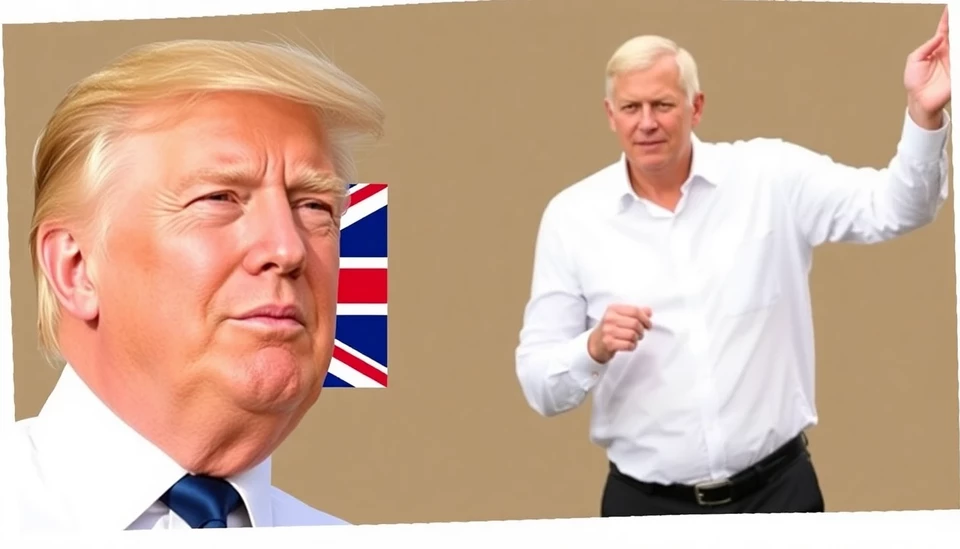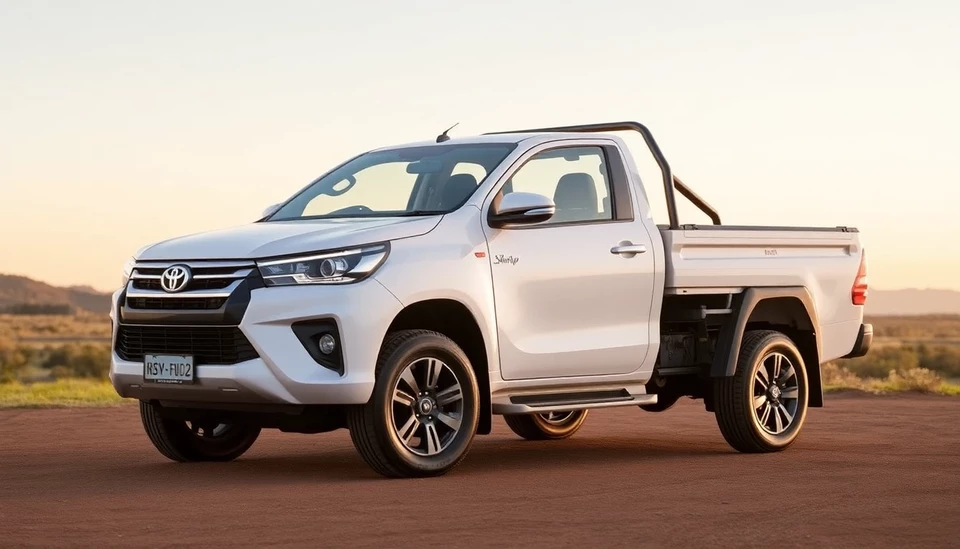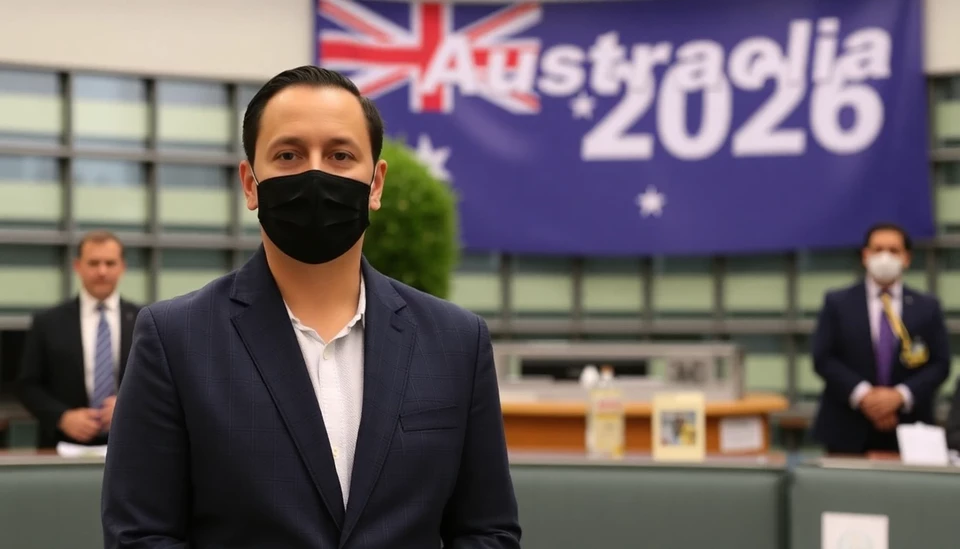
In a surprising twist to the political landscape, Donald Trump has once again made headlines by clinching victory in the recent US presidential elections. The 2024 election results have sent shockwaves around the globe, and Australia is no exception. The ramifications of this development have left various sectors in Australia bracing for potential changes, as leaders scramble to analyze the implications for diplomatic relations and domestic policy.
The U.S. election result is particularly significant for Australia given the long-standing alliance between the two nations, primarily rooted in shared military strategy and economic ties. Political analysts in Australia are already speculating on how Trump's return to the White House could impact bilateral relations, particularly in areas such as trade, climate policy, and security cooperation.
As the news of Trump's victory permeates local media, Australian Prime Minister Anthony Albanese has expressed the need for a thorough assessment of the new administration’s stance on issues critical to Australia, including climate change and trade agreements. The Prime Minister’s office is likely to engage with U.S. counterparts to facilitate a smooth transition and ensure that Australia's interests are represented in the upcoming changes.
Moreover, the election results come at a crucial time for the Australian economy, which is already navigating challenges such as inflation and fluctuating global markets. Economists warn that Trump's policies could lead to shifts in trade dynamics, particularly concerning Australian exports. Many industries, including agriculture and mining, are watching closely to anticipate how new tariffs or trade agreements may affect their operations and market access moving forward.
In addition to economic concerns, the political climate in Australia is also evolving. The return of Trump—who has polarized opinions not only in the U.S. but globally—could embolden certain political factions within Australia that share similar populist views. This shift could lead to increased debate on Australian domestic policies, particularly relating to immigration and national security.
The media landscape is buzzing with responses from political leaders, business figures, and average citizens alike. Calls for Australia to assert a more independent foreign policy free from excessive influence from Washington are growing, as some advocate for a reassessment of existing treaties and accords that might be less favorable under a Trump administration.
As events unfold in the U.S., Australians are left contemplating what the future holds for their international relationships, domestic policies, and overall political stability. With Trump's record of unorthodox governance, the next few years will indeed be pivotal for Australia, as the nation navigates its role in an increasingly complex global landscape.
In conclusion, the immediate aftermath of Trump’s victory in the U.S. elections has cast a shadow of uncertainty over Australia’s political and economic future. The Australian public, business sectors, and government officials now stand at a crossroads, keenly aware that the actions taken by the new U.S. administration could have far-reaching effects on their lives and the country’s standing in the international community.
#Australia #Trump2024 #USElections #GlobalPolitics #TradeRelations #AustralianEconomy #ClimatePolicy #PoliticalAnalysis
Author: Rachel Greene




